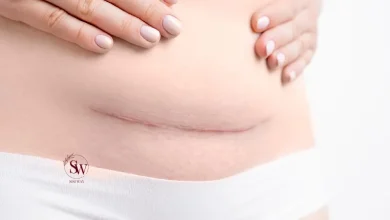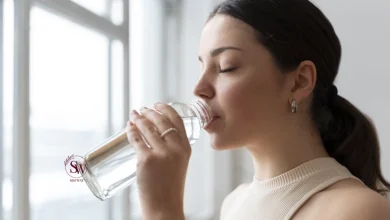How to Rejuvenate Skin?
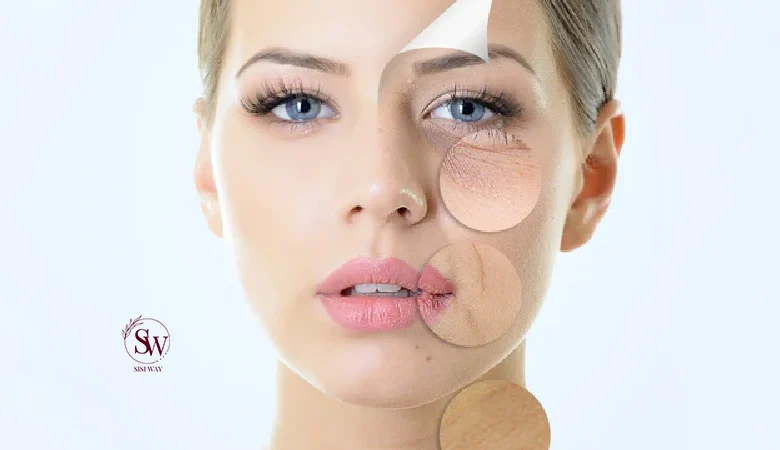
As we age, various factors such as environmental pollutants, stress, and inadequate skincare can take a toll on our skin’s appearance, leaving us yearning for effective rejuvenation solutions. In this comprehensive guide, we will delve into the science behind skin rejuvenation, exploring practical tips, scientifically-backed methods, and the latest innovations in skincare.
Basics of Skin Rejuvenation
- Hydration Matters: One of the fundamental aspects of skin rejuvenation is ensuring adequate hydration. Dehydrated skin can lead to a myriad of issues, including dullness and the formation of fine lines. Aim to drink at least 8 glasses of water a day and incorporate hydrating skincare products into your skin routine.
- Nutrition for Radiant Skin: Your skin’s health is closely linked to your diet. Foods rich in antioxidants, vitamins, and minerals contribute to a glowing complexion. Incorporate fruits, vegetables, and foods high in omega-3 fatty acids for optimal skin health.
Exploring Skincare Techniques:
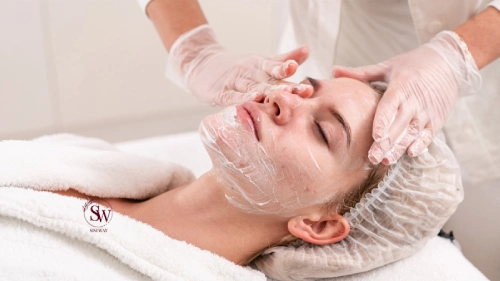
- The Power of Exfoliation: Regular exfoliation helps remove dead skin cells, promoting cell turnover and revealing fresh, youthful skin. Look for exfoliating products with ingredients like alpha and beta hydroxy acids for effective results.
- Sunscreen as a Shield: UV rays are one of the primary causes of premature aging. Applying sunscreen with at least SPF 30 is crucial to protect your skin from harmful UVB and UVA rays, preventing wrinkles and age spots.
- Incorporating Retinoids: Retinoids, derived from Vitamin A, are known for their skin-renewing properties. Including a retinoid-based product in your nighttime routine can help reduce fine lines, improve texture, and stimulate collagen production.
Skin Rejuvenation Treatment
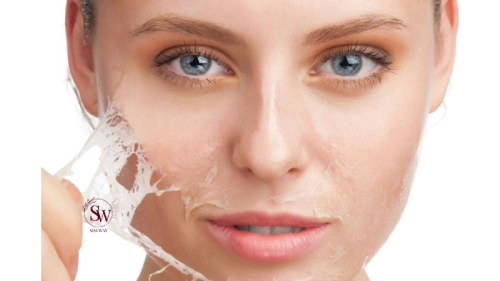
- Laser Therapy and Microdermabrasion: Advancements in dermatological treatments have introduced non-invasive procedures like laser therapy and microdermabrasion. These techniques stimulate collagen production, reduce wrinkles, and improve overall skin texture.
- Platelet-Rich Plasma (PRP) Therapy: PRP therapy involves using a patient’s own blood platelets to stimulate collagen and elastin production. This natural approach is gaining popularity for its effectiveness in reducing fine lines and rejuvenating the skin.
- Dermal Fillers for Volume: As we age, the skin loses volume, leading to sagging and wrinkles. Dermal fillers, containing hyaluronic acid, can restore volume, providing a plump and youthful appearance to the skin.
Skin Rejuvenation Laser
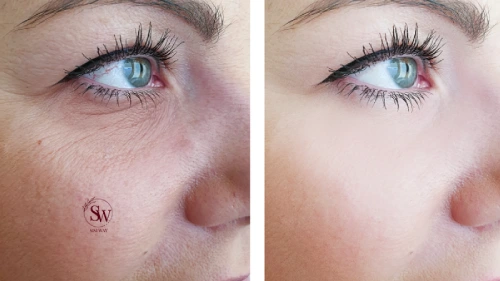
Skin rejuvenation laser is a non-invasive dermatological treatment that utilizes advanced laser technology to address various skin concerns and promote a more youthful complexion. This technique is often employed to reduce the appearance of wrinkles, fine lines, age spots, and other signs of aging, as well as to improve overall skin texture and tone.
How Skin Rejuvenation Laser Works:
Skin rejuvenation lasers work by emitting targeted beams of light energy onto the skin’s surface. These beams are absorbed by specific chromophores in the skin, such as melanin (responsible for pigmentation) or water. The absorption of light energy stimulates cellular processes, promoting collagen and elastin production, which are essential proteins for skin structure and elasticity.
Types of Skin Rejuvenation Lasers:
- Fractional Laser: Fractional laser technology delivers microscopic laser columns to specific areas of the skin, creating controlled micro-injuries. This stimulates the body’s natural healing response, encouraging the production of new, healthy skin cells. Fractional lasers are effective in addressing fine lines, wrinkles, and acne scars.
- CO2 Laser: CO2 lasers use carbon dioxide as the medium to deliver more intense energy. They are commonly used for skin resurfacing, removing damaged outer layers and promoting the growth of new skin. CO2 lasers are effective in treating deep wrinkles, sun damage, and age spots.
- Erbium Laser: Erbium lasers are gentler than CO2 lasers and are suitable for addressing fine lines, age spots, and mild to moderate wrinkles. They work by removing superficial layers of the skin, triggering collagen production and promoting a smoother complexion.
Benefits of Skin Rejuvenation Laser:
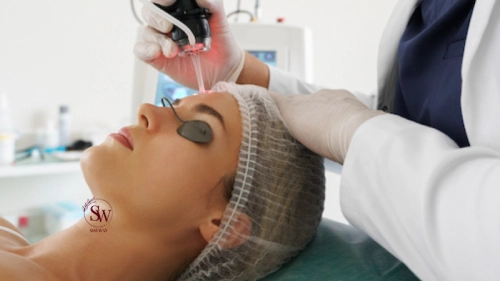
- Collagen Stimulation: Laser treatments stimulate the production of collagen, a key protein responsible for maintaining skin firmness and elasticity. Increased collagen levels contribute to smoother and more youthful-looking skin.
- Reduced Pigmentation: Skin rejuvenation lasers target melanin, helping to reduce pigmentation issues such as sunspots, age spots, and uneven skin tone. This results in a more even and radiant complexion.
- Fine Line and Wrinkle Reduction: By promoting collagen production and improving skin texture, laser treatments effectively diminish the appearance of fine lines and wrinkles, restoring a more youthful appearance.
- Minimized Scarring: Laser therapy can be beneficial in reducing the appearance of acne scars and other types of skin irregularities, promoting a smoother skin surface.
Considerations and Precautions:
Before undergoing skin rejuvenation laser treatment, it’s crucial to consult with a qualified dermatologist or skincare professional. They will assess your skin type, concerns, and medical history to determine the most suitable laser approach for your needs. Additionally, following post-treatment care instructions, including sun protection and moisturization, is essential to maximize the benefits and minimize potential side effects.
FAQs:
- How often should I exfoliate my skin?
Exfoliation frequency depends on your skin type. For most, 2-3 times a week is sufficient. However, those with sensitive skin should limit exfoliation to once a week. - Are there specific foods that promote skin rejuvenation?
Yes, foods rich in antioxidants, such as berries and leafy greens, promote skin health. Omega-3 fatty acids found in fish and nuts also contribute to a radiant complexion. - Can I use retinoids during the day?
It’s recommended to use retinoids at night as they can increase sensitivity to sunlight. Always follow with a broad-spectrum sunscreen during the day.
In conclusion, achieving youthful and radiant skin involves a holistic approach, combining proper skincare practices, a healthy lifestyle, and, when necessary, embracing scientific advancements in dermatology. By understanding the intricacies of skin rejuvenation, you can embark on a journey towards a more vibrant and youthful complexion.


